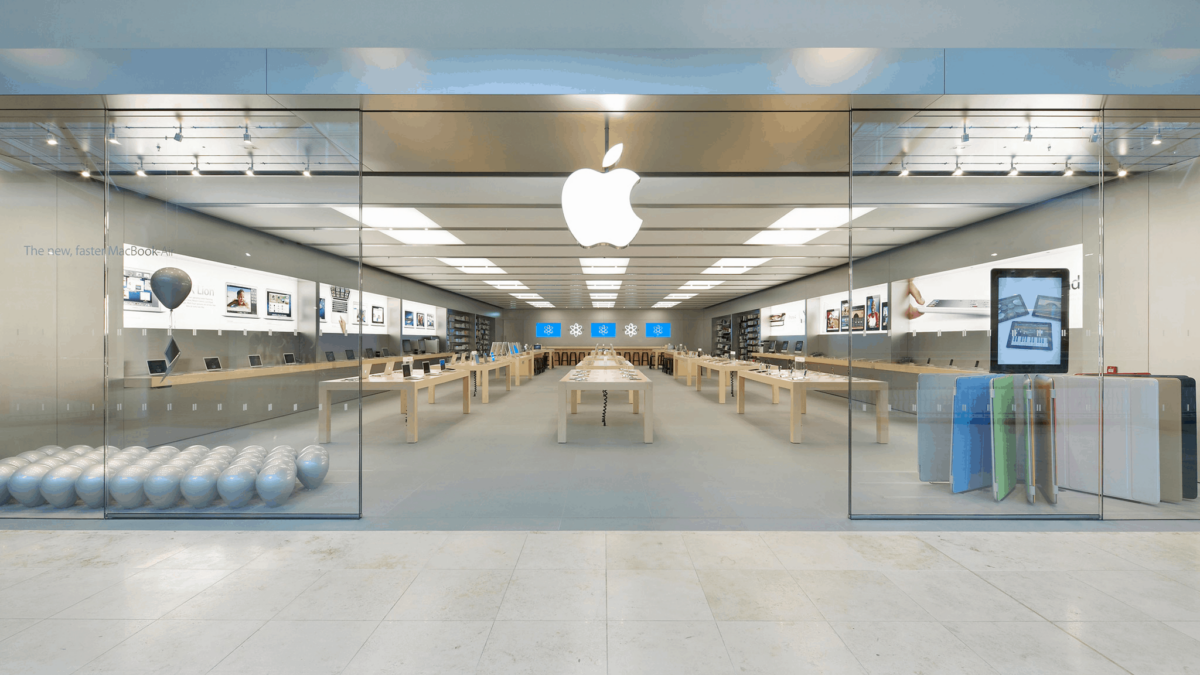Apple’s recent response to the EU Digital Markets Act (DMA) has caused significant discontent among developers. The company, which had previously violated the DMA, has introduced changes that appear to offer developers more freedom. However, these changes come with new fees, causing concern and frustration in the developer community. This article explores the details of Apple’s response, developers’ reactions, and the wider impact on the tech industry.

Apple’s first violation of the DMA
The conflict between Apple and the European Union (EU) began when regulators ruled that Apple had violated the DMA. The violation resulted from Apple’s refusal to allow developers to direct users to alternative platforms to purchase content and services. This restriction prevented developers from promoting their products outside of the App Store and limited their ability to offer competitive pricing or avoid Apple’s fees.
The DMA was designed to prevent such monopolistic practices and ensure that dominant digital platforms like Apple do not unfairly control the market. By limiting developers’ options, Apple used its power to maintain control over app purchases and, by extension, the revenue generated from those transactions.
Apple’s concessions and new fees
Under pressure from the EU, Apple made concessions that, on the surface, seemed to address regulators’ concerns. Starting this fall, developers in the EU will be allowed to include links in their apps that take users to other platforms where they can make purchases. This could include other app stores, apps or even websites, accessible either outside the app or via a web view within the app.

However, the concessions were not as simple as they seemed. Apple introduced a new “store service fee” that applies to digital goods or services sold through any platform within the first year of installing an app. This fee means that Apple keeps a percentage of the transaction even when users purchase products on other platforms, such as third-party app stores or developer websites.
What makes this fee particularly controversial is that it resets every time a user reinstalls or updates the app, essentially trapping developers in a cycle of ongoing payments to Apple, even when purchases are made outside of the App Store.
The fee structure: A closer look
Apple’s new fee structure is facing strong resistance from developers. The fee structure is as follows:
- 20% fee: This only applies to apps listed in the App Store.
- 10% fee plus other fees: This applies to apps listed in third-party app stores.
- Additional 5% fee: This applies to digital goods and services purchased on any platform within one year of the user installing the app.
In total, Apple can earn up to 25% of a user’s purchases within a year of downloading the app. This fee structure has raised concerns among developers who believe Apple charges unfair fees for transactions that occur outside of its ecosystem.
Gizchina News of the Week
Backlash from developers
The new fees have sparked anger among developers. Many see Apple’s moves as a clear way to circumvent the DMA’s rules and still make money from app sales. Jeanne Moran, a spokeswoman for Spotify, said Apple’s plan was “clearly tricky.” She argued that Apple was violating the DMA’s rules, which prohibit additional fees for key aspects such as pricing and linking. She said
“We are reviewing Apple’s deliberately confusing proposal. Apple has once again blatantly ignored the basic requirements of the Digital Markets Act. The European Commission has made it clear that double-taxing on basic elements such as pricing and linking is unacceptable. We call on the Commission to speed up its investigation, impose daily fines and enforce DMA.”

Tim Sweeney, CEO of Epic Games, also expressed his anger at Apple’s plans. Sweeney, who has already fought Apple in court over similar issues, sees the new fees as another sign of Apple’s unfair control of the market.
Apple’s reasoning
Apple counters that its actions are fair. The company claims that the App Store provides great value to developers by helping them reach users in the EU. Apple argues that it needs the initial fee to cover the costs of acquiring new users. They also say that the Store fee is fair because it covers ongoing services such as security, payments, and user help. Despite these points, developers still feel that Apple is using its power to maintain control over app sales. To them, the fees are just a way for Apple to continue making money from apps, even when the sales are made outside of the App Store.
The role of the European Commission
With the controversy now in full swing, the role of the European Commission becomes crucial. Developers like Spotify are calling on the Commission to speed up its investigation into Apple’s practices, impose daily fines, and enforce the DMA. The Commission has the power to impose significant penalties on companies that violate the DMA, and many developers are hoping for swift action.
The outcome of this investigation could have far-reaching consequences, not just for Apple, but for the entire technology industry. If the Commission takes a tough stance against Apple, it could set a precedent that forces other tech giants to rethink their practices. On the other hand, if Apple’s actions are deemed DMA-compliant, it could be a sign that the law’s interpretation and enforcement are changing.
Diploma
Apple’s response to the EU Digital Markets Act has sparked a wave of discontent among developers who see the company’s new fee structure as a blatant attempt to circumvent the law while continuing to collect revenue from app transactions. The introduction of a “store service fee” that applies even to purchases made outside the App Store has raised serious doubts about Apple’s commitment to fair competition.
The technology world is closely watching as the European Commission continues its investigation. The outcome will not only determine the future of Apple’s business practices in the EU, but could also influence how other dominant platforms operate in the global digital market.
The controversy underscores ongoing tensions between big tech companies and regulators as both sides navigate the complex landscape of digital markets. We don’t know if Apple’s concessions will be enough to satisfy the EU. But for now, developers are still grappling with the impact of these new fees.

